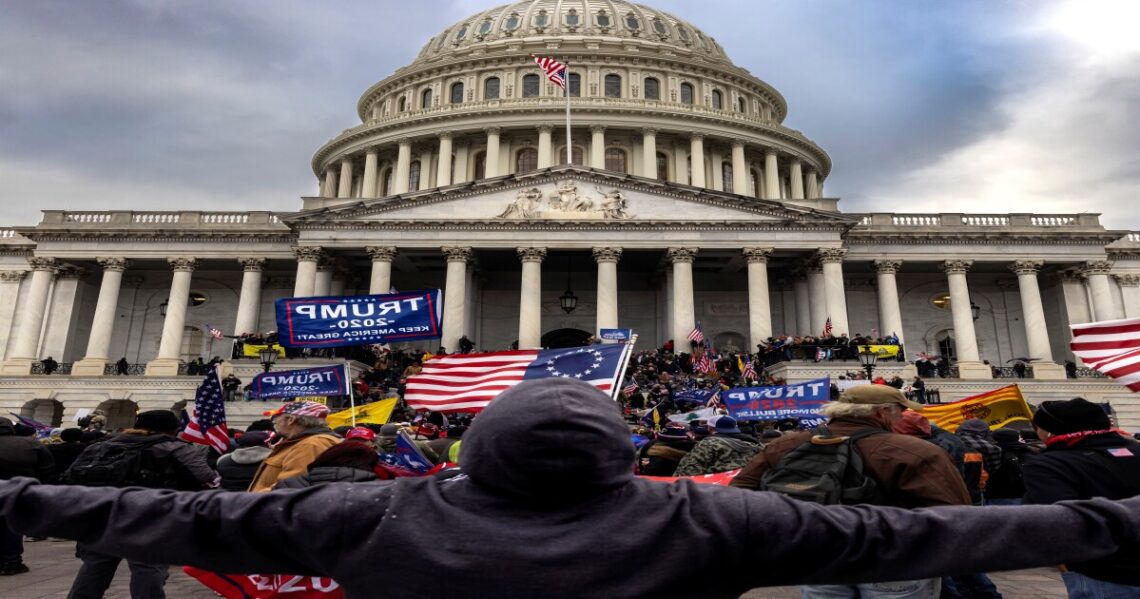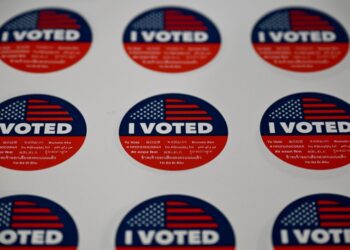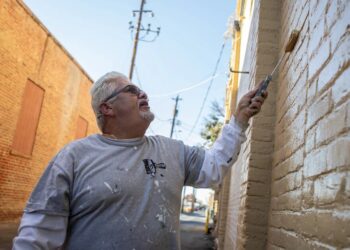The U.S. Supreme Court limited which defendants accused of taking part in the Jan. 6 Capitol riot can be charged by federal prosecutors for obstructing Congress. The court’s decision also places at least a cloud of doubt about two of the the four felony counts in the election subversion indictment of President Trump.
In an opinion by Chief Justice John Roberts, the court ruled that the government must establish “that the defendant impaired the availability or integrity for use in an official proceeding of records, documents, objects, or other things used in an official proceeding.”
Prosecutors used a key criminal statute to prosecute more than 350 of the most violent participants in the riot.
The statute had two parts. The first part makes it a crime to corruptly alter or destroy documents and records related to an official proceeding. The second part makes it a crime to otherwise obstruct or impede an official proceeding—in this case, the congressional counting of the electoral college ballots.
Roberts said the statute was limited to documents and evidence destruction, and that the word otherwise was not meant to broaden the meaning of the law into a catchall provision.
About the vote
The vote was 6 to 3 with Justices Amy Coney Barrett joining Justices Sonia Sotomayor and Elena Kagan in dissent.
At issue was a two-part statute. The first part makes it a crime to corruptly alter or destroy documents and records related to an official proceeding. The second part makes it a crime to otherwise obstruct or impede an official proceeding—in this case, the congressional counting of the electoral college ballots.
Writing for…
Read the full article here







